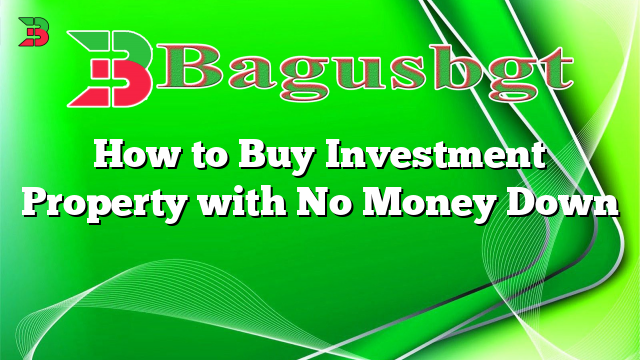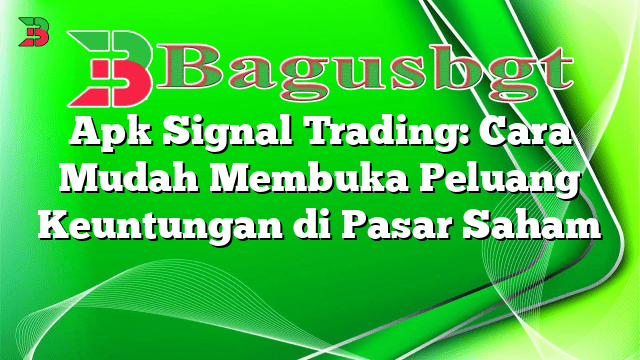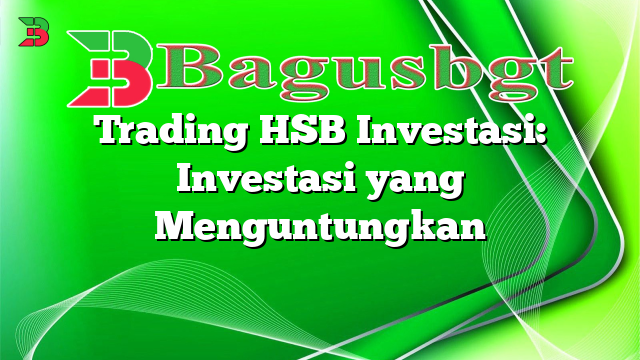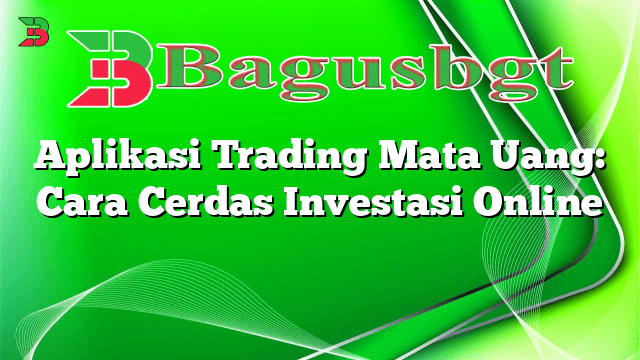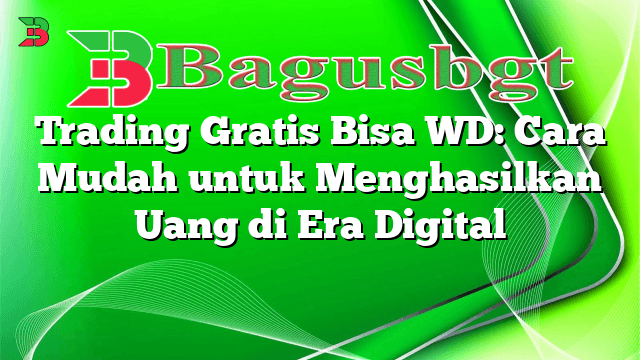Hello readers,
Investing in real estate is a great way to build wealth and secure your financial future. However, many people believe that buying investment property requires a large amount of money upfront. In this article, we will explore how you can buy investment property with no money down, making real estate investing accessible to everyone.
1. Partner with an Investor
One way to purchase investment property with no money down is to partner with an experienced investor. By teaming up with someone who has the funds, you can contribute your time, skills, or property management expertise in exchange for a share of the profits.
Pros: Allows you to tap into the knowledge and resources of an experienced investor. You don’t need to provide any upfront capital.
Cons: You may have limited control over decision-making, and profits will be shared.
2. Seller Financing
Seller financing is another option to buy investment property with no money down. With this arrangement, the seller acts as the lender and provides you with a loan to purchase the property. This eliminates the need for a traditional mortgage from a bank.
Pros: No need for a down payment or mortgage from a bank. Flexible terms can be negotiated with the seller.
Cons: Interest rates may be higher, and sellers may require a higher purchase price to compensate for the financing.
3. Lease with Option to Buy
A lease with an option to buy allows you to rent the property with the opportunity to purchase it at a later date. A portion of your monthly rent can be credited towards the purchase price, helping you accumulate down payment funds over time.
Pros: Gives you time to save for a down payment while securing the property. Provides flexibility to walk away if the property doesn’t meet your expectations.
Cons: Seller may charge a higher rent or purchase price due to the option agreement. If you decide not to buy, you may lose the accumulated rent credits.
4. Wholesaling
Wholesaling involves finding a discounted property and assigning the contract to another buyer for a fee. This strategy allows you to profit from real estate transactions without actually owning the property.
Pros: No need for upfront capital or long-term ownership responsibilities. Can generate quick income.
Cons: Requires strong negotiation and marketing skills. Success depends on finding deeply discounted properties.
5. Private Money Lenders
Private money lenders are individuals or companies that provide loans for real estate investments. These lenders are more flexible than traditional banks and may be willing to finance your investment property with little to no money down.
Pros: Easier qualification process compared to banks. Faster access to funds.
Cons: Interest rates may be higher, and lenders may require a share of the profits.
6. Government Programs
Some government programs, such as the Federal Housing Administration (FHA) loans, offer low or no down payment options for real estate investors. These programs are designed to stimulate the housing market and provide opportunities for individuals to invest in properties.
Pros: Lower down payment requirements. Offers competitive interest rates.
Cons: Eligibility criteria and property restrictions may apply.
7. Home Equity Line of Credit (HELOC)
If you own a property with equity, you can use a home equity line of credit (HELOC) to finance your investment property. A HELOC allows you to borrow against the value of your property and use the funds for any purpose, including purchasing additional real estate.
Pros: Flexibility to access funds when needed. Interest rates may be lower compared to other financing options.
Cons: Puts your primary residence at risk if you default on the loan.
8. Crowdfunding
Crowdfunding platforms allow multiple investors to pool their funds together to finance real estate projects. By investing a smaller amount, you can become a partial owner of an investment property without the need for a large upfront investment.
Pros: Diversification of investment. Access to a variety of real estate projects.
Cons: Limited control over the property. Returns may vary depending on the success of the project.
9. Sweat Equity
Sweat equity involves investing your time and effort into improving a property in exchange for a share of the profits. By utilizing your skills in renovation or property management, you can contribute to the value of the property without using your own money.
Pros: No need for upfront capital. Opportunity to increase the property’s value through your efforts.
Cons: Requires time and expertise in a specific field. Profits may be dependent on market conditions.
10. Negotiation and Creativity
Ultimately, the key to buying investment property with no money down lies in negotiation and creativity. By approaching sellers with unique offers, such as assuming existing mortgages or structuring seller financing, you can create win-win situations that benefit both parties.
Pros: Unlimited possibilities and potential for tailored agreements.
Cons: Requires strong negotiation skills and the ability to think outside the box.
Alternative Approach: House Hacking
In addition to the methods mentioned above, house hacking is a popular alternative for buying investment property with no money down. House hacking involves purchasing a multi-unit property and living in one unit while renting out the others. The rental income generated from the other units can cover your mortgage payments, allowing you to live for free while building equity.
Pros: Generates rental income to cover your expenses. Builds equity and wealth through real estate ownership.
Cons: Requires living in close proximity to tenants. May involve additional responsibilities as a landlord.
Method |
Pros |
Cons |
|---|---|---|
Partner with an Investor |
Tap into knowledge and resources |
Loss of control and shared profits |
Seller Financing |
No need for down payment or bank mortgage |
Higher interest rates and purchase price |
Lease with Option to Buy |
Time to save for down payment and flexibility |
Higher rent or purchase price |
Wholesaling |
No need for upfront capital or ownership responsibilities |
Requires strong negotiation and finding discounted properties |
Private Money Lenders |
Easier qualification process and faster access to funds |
Higher interest rates and profit sharing |
Government Programs |
Lower down payment requirements and competitive rates |
Eligibility criteria and property restrictions |
HELOC |
Flexibility to access funds and lower interest rates |
Risk to primary residence |
Crowdfunding |
Diversification of investment and access to various projects |
Limited control over the property and returns |
Sweat Equity |
No need for upfront capital and potential for increased property value |
Requires time and expertise |
Negotiation and Creativity |
Unlimited possibilities and tailored agreements |
Requires strong negotiation skills and creative thinking |
FAQs (Frequently Asked Questions)
Q: Can I really buy investment property with no money down?
A: Yes, it is possible to buy investment property with no money down by utilizing various strategies such as partnering with an investor, seller financing, or government programs.
Q: Are there any risks involved in buying investment property with no money down?
A: Like any investment, there are risks involved. It is important to thoroughly research and understand the specific approach you choose, as well as the potential drawbacks and challenges associated with it.
Q: Do I need good credit to buy investment property with no money down?
A: While good credit can be beneficial, some strategies like partneringwith an investor or using seller financing may not require a high credit score. However, other methods such as obtaining a loan from private money lenders or government programs may have credit score requirements.
Q: Can I use these strategies to buy any type of investment property?
A: The strategies mentioned in this article can be applied to various types of investment properties, including residential, commercial, or multi-unit properties. However, it is important to consider the specific requirements and regulations that may apply to each type of property.
Q: How can I determine which strategy is best for me?
A: Choosing the right strategy depends on your individual circumstances, goals, and preferences. It is recommended to consult with a real estate professional or financial advisor who can assess your situation and provide personalized guidance.
Conclusion
Buying investment property with no money down is not an impossible feat. By exploring different strategies such as partnering with an investor, utilizing seller financing, or taking advantage of government programs, you can overcome the financial barriers and enter the world of real estate investing. It is important to thoroughly research each method, weigh the pros and cons, and choose the approach that aligns with your goals and risk tolerance. Remember, real estate investing requires careful planning, due diligence, and a long-term perspective. With the right strategy and mindset, you can start building wealth through investment properties, even with limited funds.
 Bagus Banget Collection of the latest information from various reliable sources
Bagus Banget Collection of the latest information from various reliable sources
